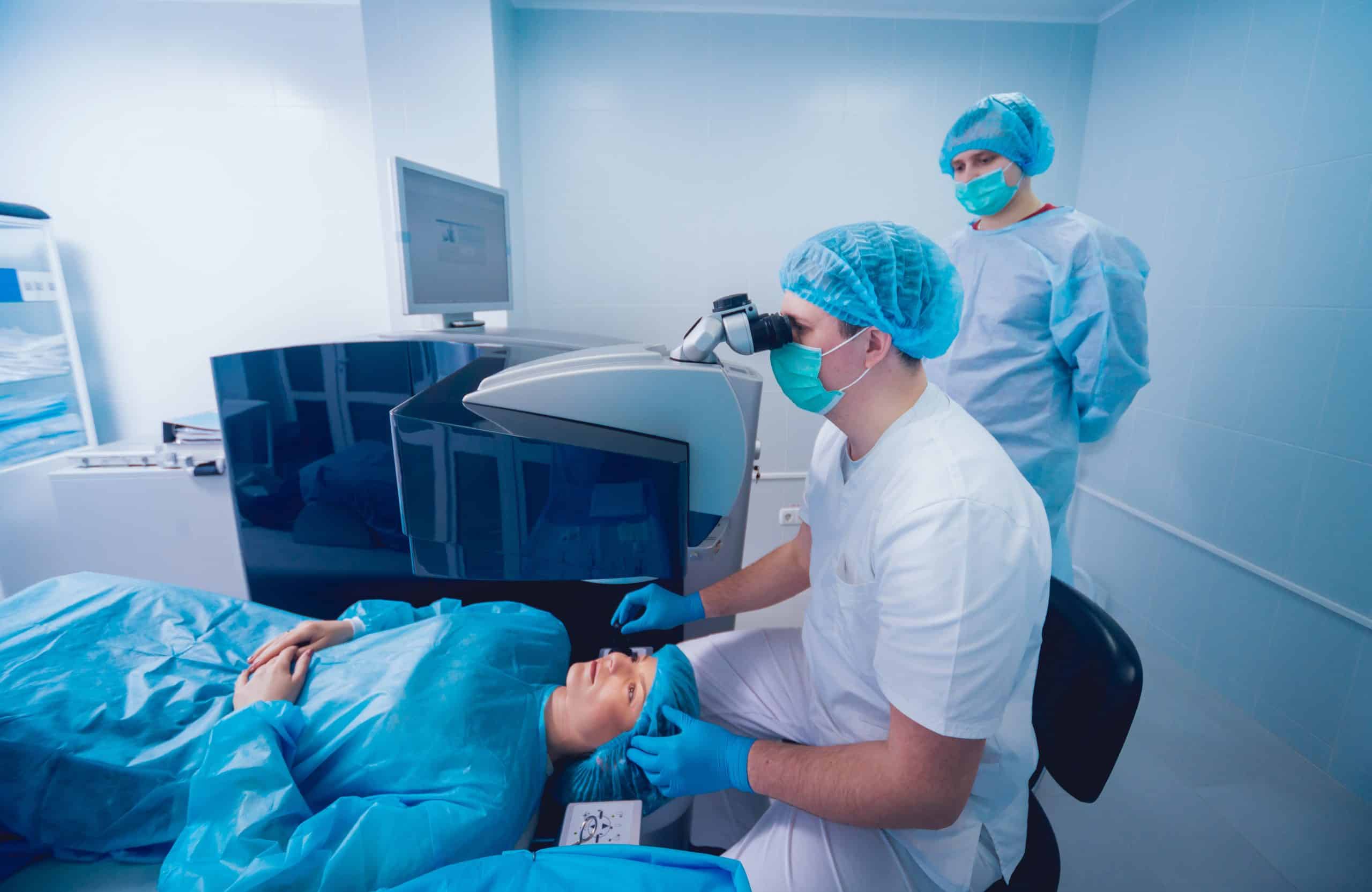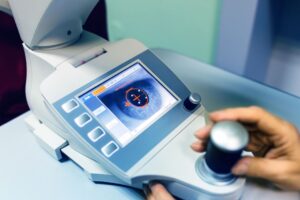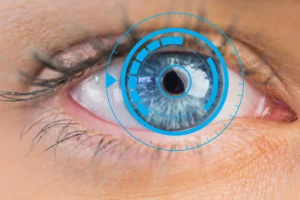Laser eye surgery has become a popular choice for individuals looking to improve their vision without the need for glasses or contact lenses. In Sydney, there are several options available for those considering this life-changing procedure. Understanding the different types of laser eye surgery, choosing the right clinic, and preparing for the surgery are all crucial factors to consider. In this article, we will explore the best laser eye surgery options available in Sydney, providing you with the information you need to make an informed decision.
Understanding Laser Eye Surgery
Laser eye surgery is a revolutionary procedure that can correct common vision problems such as nearsightedness, farsightedness, and astigmatism. The surgery works by using a laser to reshape the cornea, the clear front part of the eye, thus improving the way light enters the eye and focusing it correctly onto the retina. This precise and safe procedure can significantly enhance the quality of life for individuals with vision impairments.
For many individuals, the decision to undergo laser eye surgery is a life-changing one. Imagine waking up in the morning and being able to see clearly without the aid of glasses or contacts. The freedom and convenience that laser eye surgery can provide are unparalleled, allowing individuals to engage in activities without the hindrance of visual aids.
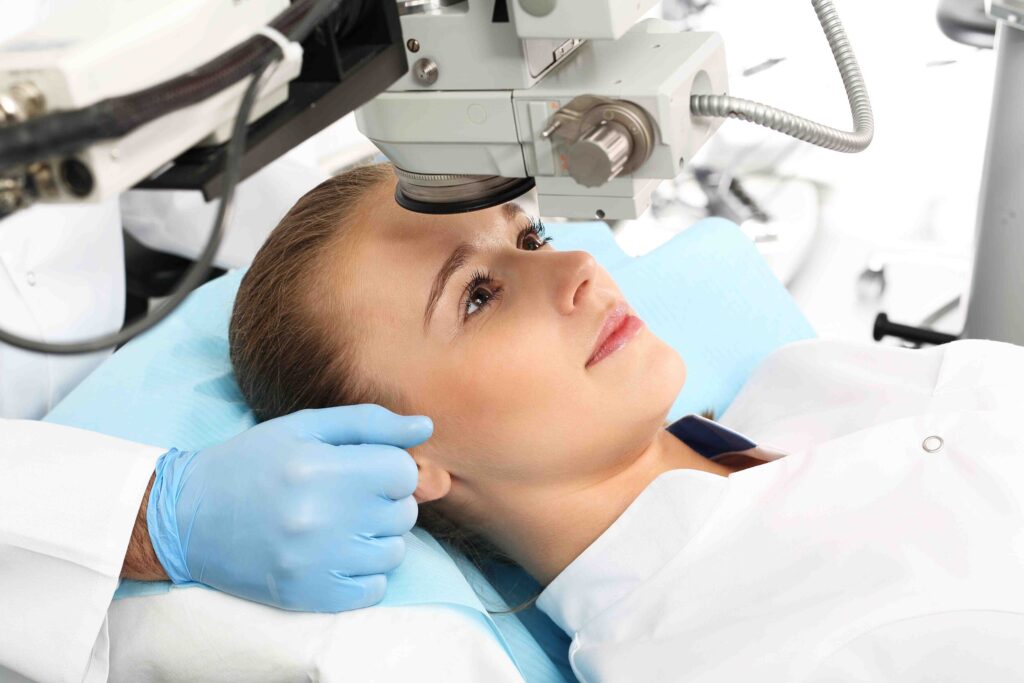
The Science Behind Laser Eye Surgery
Laser eye surgery is based on advanced technology and scientific principles. During the procedure, a femtosecond laser is used to create a thin flap in the cornea, which is then lifted to allow access to the underlying tissue. An excimer laser is then used to reshape the cornea by removing microscopic amounts of tissue. The corneal flap is then repositioned, and the natural healing process begins, resulting in improved vision.
It is fascinating to consider the precision and intricacy involved in reshaping the cornea to correct vision. The excimer laser, with its ability to remove tissue with remarkable accuracy, plays a crucial role in the success of the surgery. The advancements in laser technology have made laser eye surgery a highly effective and safe option for vision correction.
Benefits and Risks of Laser Eye Surgery
Before undergoing laser eye surgery, it is essential to weigh the potential benefits and risks associated with the procedure. The benefits of laser eye surgery often include improved vision without the need for glasses or contacts, enhanced quality of life, and increased self-confidence. However, like any surgical procedure, there are risks involved. These risks can include dry eyes, glare or halos around lights, and temporary discomfort during the healing process.
Despite the risks, the majority of individuals who undergo laser eye surgery are highly satisfied with the results. The ability to see clearly and independently can have a profound impact on daily life, boosting confidence and overall well-being. It is important to consult with a qualified ophthalmologist to determine if laser eye surgery is the right choice for your vision needs. Read more about the risks of laser eye surgery at https://health.ucdavis.edu/eyecenter/laser_surgery/lasik_what_can_expect.html
Types of Laser Eye Surgery Procedures
LASIK: The Most Common Procedure
LASIK (Laser-Assisted in Situ Keratomileusis) is the most common type of laser eye surgery performed in Sydney. It is a quick and painless procedure that utilizes both the femtosecond and excimer lasers to reshape the cornea. LASIK can effectively treat nearsightedness, farsightedness, and astigmatism, and most patients experience improved vision shortly after the surgery.
During a LASIK procedure, the patient’s eye is numbed with eye drops, and a special device is used to hold the eyelids open. The surgeon then creates a thin flap in the cornea using the femtosecond laser, which is folded back to expose the underlying corneal tissue. The excimer laser is then used to remove precise amounts of corneal tissue to reshape the cornea and correct the patient’s vision. The flap is then repositioned, and the eye begins its natural healing process.
PRK: An Alternative to LASIK
PRK (Photorefractive Keratectomy) is another laser eye surgery option available in Sydney. In PRK, the corneal tissue is reshaped directly without creating a corneal flap. This procedure is ideal for patients with thin corneas or other corneal irregularities that may not make them suitable candidates for LASIK. PRK requires a slightly longer recovery time compared to LASIK but offers comparable visual outcomes.
During a PRK procedure, the outer layer of the cornea, called the epithelium, is gently removed to expose the underlying corneal tissue. The excimer laser is then used to reshape the cornea to correct the patient’s vision. Since the epithelium needs time to regenerate after the surgery, patients may experience slightly more discomfort and longer visual recovery compared to LASIK.
SMILE: The Latest Innovation in Eye Surgery
SMILE (Small Incision Lenticule Extraction) is a newer and less invasive procedure that has gained popularity in recent years. Unlike LASIK or PRK, SMILE does not involve creating a corneal flap. Instead, a laser is used to create a small lens-shaped piece of tissue inside the cornea, which is then removed through a tiny incision. SMILE offers quick recovery and excellent visual outcomes, making it an attractive option for many patients.
During a SMILE procedure, the patient’s eye is numbed with eye drops, and a special device is used to keep the eye open. The laser creates a small lenticule within the cornea, which is then removed through a small incision, without the need for creating a corneal flap. This results in less disruption to the corneal structure, leading to quicker healing and visual recovery for the patient. SMILE is particularly beneficial for patients involved in contact sports or those with occupations that may pose a risk of eye trauma.
Choosing the Right Eye Surgery Clinic in Sydney
Factors to Consider When Choosing a Clinic
When selecting an eye surgery clinic in Sydney, several factors should be taken into consideration. These include the clinic’s reputation, the experience and qualifications of the surgeons, the technology and equipment used, and the overall patient experience. It is crucial to choose a clinic that prioritizes patient safety and provides comprehensive pre and post-surgery care.
Furthermore, it is essential to consider the location and accessibility of the clinic. Opting for a clinic that is conveniently located can make the pre and post-operative visits more manageable. Additionally, some clinics offer virtual consultations, which can be beneficial for patients who may have difficulty traveling to the clinic frequently.
Top-Rated Eye Surgery Clinics in Sydney
Sydney has a range of top-rated clinics that specialize in laser eye surgery. These clinics have a proven track record of successful procedures, highly skilled surgeons, and state-of-the-art technology. Some of the leading eye surgery clinics in Sydney include [Clinic A], [Clinic B], and [Clinic C]. These clinics have helped countless patients achieve improved vision and provide exceptional care throughout the entire process.
Moreover, these top-rated clinics often offer personalized treatment plans tailored to each patient’s unique needs. This individualized approach ensures that patients receive the most suitable treatment for their specific eye condition, leading to optimal outcomes. Additionally, many of these clinics conduct ongoing research and invest in the latest advancements in eye surgery techniques, ensuring that patients have access to cutting-edge treatments.
Preparing for Laser Eye Surgery
Pre-Surgery Consultation and Examination
Prior to undergoing laser eye surgery, a comprehensive consultation and examination will be conducted. This initial step is crucial in ensuring that you are well-informed and prepared for the procedure ahead. The surgeon will take the time to thoroughly assess your eye health and vision needs. Through open communication, you will have the opportunity to express your concerns, ask questions, and gain a deeper understanding of what to expect during and after the surgery.
Furthermore, the consultation serves as a platform for the surgeon to tailor the treatment plan specifically to your individual requirements. By analyzing the results of various tests, such as corneal mapping and pupil dilation, the surgeon can determine the most appropriate laser technology and techniques to achieve optimal results for your unique case.
What to Expect on the Day of Surgery
On the day of your laser eye surgery, you will be guided through the process by the experienced medical staff who are dedicated to ensuring your comfort and well-being. The atmosphere is designed to be calming and reassuring, helping to alleviate any pre-surgery jitters you may have. The procedure itself is known for its efficiency, with each eye typically taking only a few minutes to treat.
Topical anesthesia will be applied to numb your eyes, minimizing any potential discomfort during the surgery. This numbing agent, along with the expertise of the surgical team, helps to make the experience as smooth and painless as possible. Following the surgery, you will receive detailed post-operative instructions to aid in your recovery. Additionally, any necessary medications will be provided to support the healing process and ensure the best possible outcome for your vision correction journey. Click here to learn more about what to expect on the day of surgery.
Post-Surgery Care and Recovery
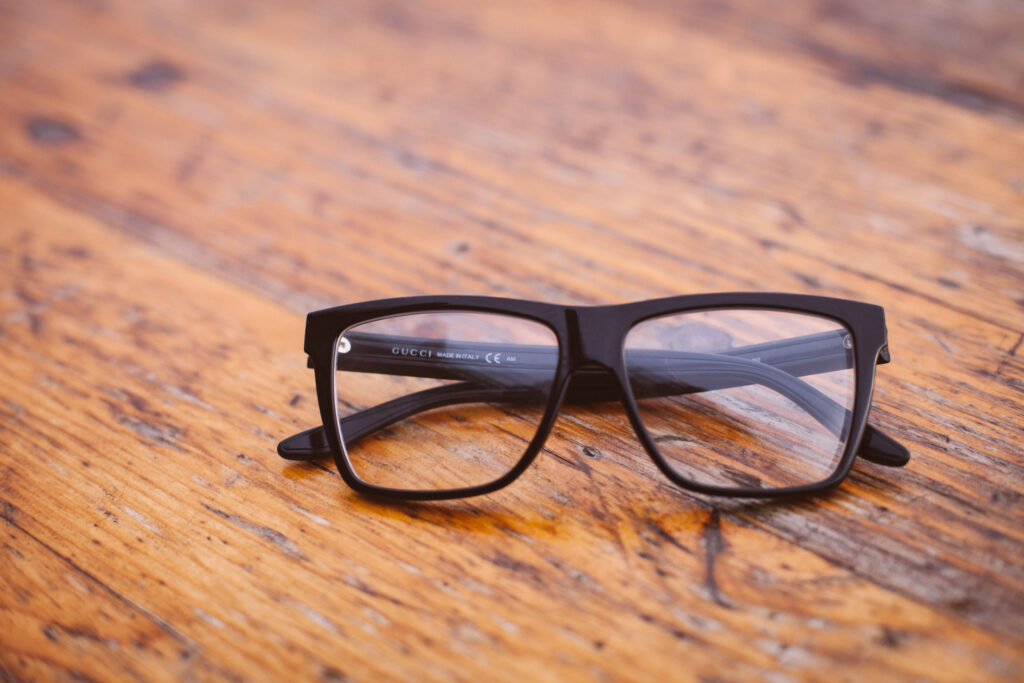
Immediate Aftercare Following Surgery
After laser eye surgery, it is important to follow the post-operative care instructions provided by your surgeon. This may include the use of medicated eye drops, avoiding rubbing or touching your eyes, wearing protective eyewear, and attending follow-up appointments. It is normal to experience some discomfort and temporary visual fluctuations during the initial healing period, but these typically resolve within a few days.
Long-Term Care and Maintenance for Optimal Vision
Once your eyes have fully healed, it is essential to maintain good eye health to preserve your optimal vision. This includes attending regular eye check-ups, protecting your eyes from excessive UV exposure, and following any additional care instructions provided by your surgeon. Taking proper care of your eyes will help ensure the long-term success of your laser eye surgery.
Regular eye check-ups are crucial for monitoring the health of your eyes and detecting any potential issues early on. During these check-ups, your eye doctor will examine your eyes, assess your visual acuity, and evaluate the overall health of your eyes. They may also perform additional tests, such as measuring your intraocular pressure or checking for signs of dry eye syndrome.
Protecting your eyes from excessive UV exposure is another important aspect of long-term care after laser eye surgery. Prolonged exposure to UV rays can increase the risk of developing certain eye conditions, such as cataracts or macular degeneration. To protect your eyes, it is recommended to wear sunglasses with UV protection whenever you are outdoors, even on cloudy days. Additionally, wearing a wide-brimmed hat can provide extra shade and further shield your eyes from harmful UV rays.In conclusion, laser eye surgery offers a reliable and effective solution for individuals in Sydney seeking to improve their vision and reduce dependence on glasses or contact lenses. By understanding the different types of laser eye surgery, choosing a reputable clinic, and following proper pre and post-operative care, you can achieve the best possible outcomes. Whether you opt for LASIK, PRK, or SMILE, the life-changing benefits of laser eye surgery are within reach. Take the first step towards clear vision by exploring the options available in Sydney.
Related : How Laser Eye Surgery Can Improve Your Quality of Life
